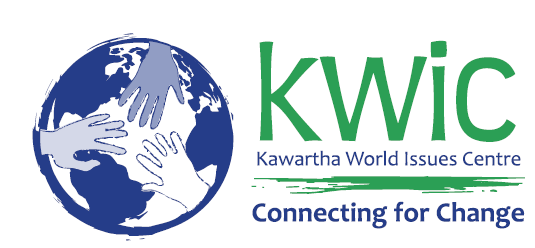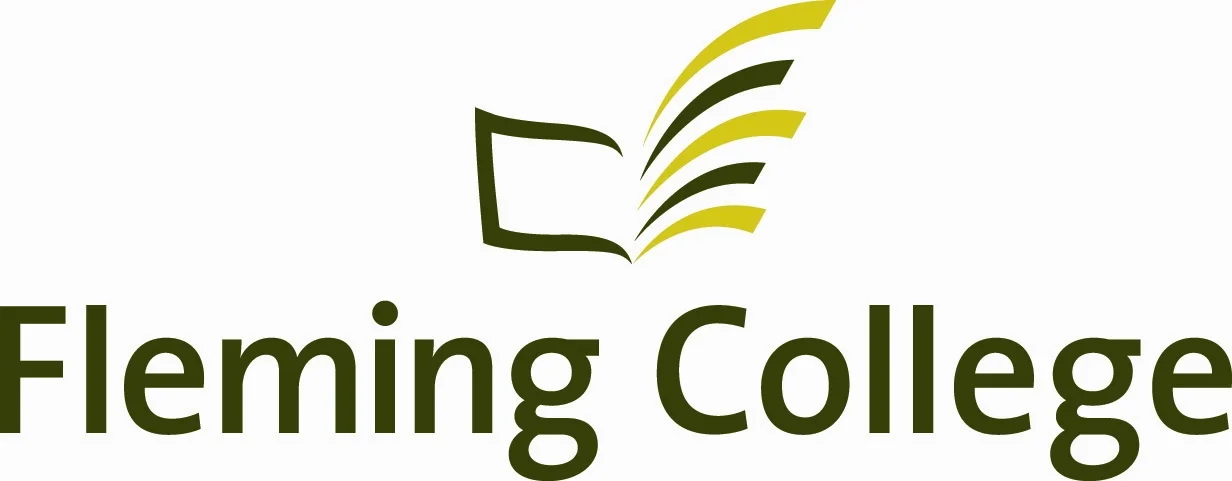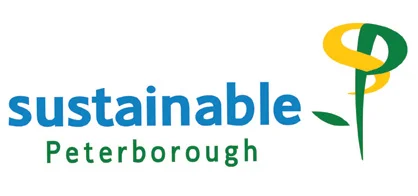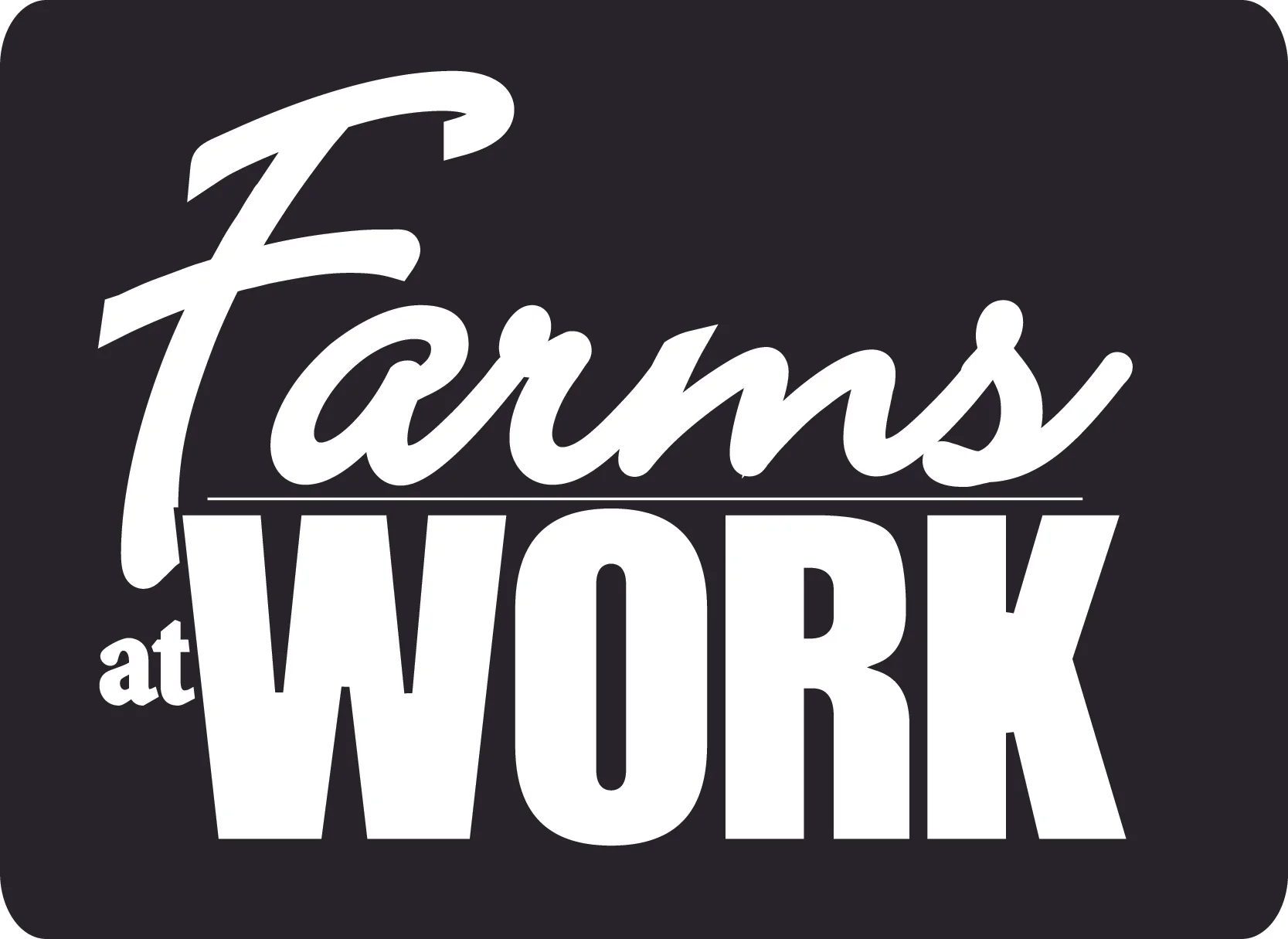City & County of Peterborough
GreenUP:
GreenUP was incorporated in 1992, has been eastern Ontario’s leading environmental organization, offering a wide and progressive suite of programs focused on environmental education and action. In addition to managing the 5-acre teaching garden, called Ecology Park, GreenUP offers programs focusing on landscape naturalization, sustainable transportation, energy and water conservation, and participatory planning (www.greenup.on.ca). The organization has been used as a model for other environmental non-governmental organizations across the country, and was the birthplace of one of Canada’s leading national environmental umbrella organizations, Green Communities Canada, which is also located in Peterborough (www.greencommunitiescanada.org).
GreenUP manages a 5-acre Ecology Park in the city of Peterborough, which provides students with the opportunity to connect and better understand the urban ecosystems in their backyards. The Ecology Park has been operating for more than 20 years, and has offered critical learning opportunities to thousands of students. GreenUP also offers a wide range of in-school workshops and programs – focused on the development of cycling skills, waste management and reduction, water and energy conservation, local food systems, ecosystem planning, and more – to both elementary and secondary school students. These programs make direct connections to the ESD curriculum, and help to supplement more traditional approaches to teaching.
Camp Kawartha:
Camp Kawartha provides outdoor environmental and educational programming from two locations within the region: a main camp located on Clear Lake and their Environment Centre – one of the most sustainable buildings in the province – located in the city of Peterborough. At these facilities, they offer curriculum-linked outdoor education and leadership training programs for students and adults alike. These programs offer rich opportunities to develop a direct connection with nature, and to learn more about natural systems.
Camp Kawartha has been offering children in the region the opportunity to experience the natural environment at their beautiful property on Clear Lake. In 2009, the Camp built the Camp Kawartha Environment Centre. Their work currently includes 80 curriculum-based programs focused on leadership, environmental science, history, recreation and the arts, in facilities that showcase sustainable building techniques (www.campkawartha.ca).
Kawartha World Issues Centre:
The Kawartha World Issues Centre connects people to global issues and local initiatives through opportunities that can change how we understand the world and foster equitable and sustainable communities. Started as a grassroots initiative of passionate community members dedicated to global social and environmental justice, KWIC incorporated in 1989 and today is led by a small, dedicated staff and amazing volunteers working in collaboration with talented community partners. We make change through three key program areas:
Community Education: KWIC connects our community to global-local issues through education programs, workshops, symposiums, panels, film, and artist presentations. Inspiring local and international participants highlight the intersections of complex issues such as climate change, Indigenous rights, food security, water, resource extraction, gender equity, human rights, and global health.
Youth & In-School Programs: KWIC deeply values youth participation and leadership in all aspects of our organization. We support youth through mentorship, direct programming and leadership opportunities, and through partnership programs, such as TRACKS Youth Program and Youth Leadership in Sustainability (YLS).
KWIC Umbrella - Supporting Small and Emerging Community Initiatives: KWIC nurtures and grows innovative community ideas under our charitable umbrella until they are self-sufficient. Some of the best-known examples that make an important impact in our community today are GreenUP, Kawartha Food Share and ReFrame International Film Festival. KWIC currently supports TRACKS Youth Program, Youth Leadership in Sustainability (YLS), Trent Oxfam and Sustainable Trent. There is someone out there with the next innovative idea and KWIC wants to be there for them!
There has never been a more urgent time, nor a more exciting moment for global solidarity. We invite you to join us as we work together to create a more just, sustainable world. For more information, please visit our website at kwic.info.
For Our Grandchildren:
For Our Grandchildren (4RG), established in 2013, is an organization of grandparents with a mission to inform, motivate, and mobilize grandparents and others to combat climate change on behalf of our grandchildren. 4RG works in collaboration with other groups to establish different events such as workshops, youth meetings, group discussions, etc. – to enable citizens and communities to prepare for change. Since 2015, 4RG - with collaborators - has involved over 1,000 people directly and thousands more indirectly (through social media, webpage, media articles, etc.) in sustainability education and action - individually and collectively - to combat climate change.
Trent University
In 1969, Trent became the first university in North America to have a department dedicated to the study of Indigenous Peoples and one of the first in Canada with an Environmental Science BA/BSc, that has since grown to deliver 13 environmental degrees, supporting one of the largest undergraduate environmental enrolments in North America. Trent was also the first university in Canada to have an Indigenous Studies PhD program, which was launched in 1997, and an Indigenous Environmental Studies and Science (IESS) Program, an innovative degree granting program providing students with a BA or B.Sc in IESS. The IESS program seeks to actively engage multiple knowledge systems to address complex environmental issues facing both Indigenous Communities and society at large. The program's growth and success is being recognized across the country as it strives to create an emerging discipline of knowledge interaction and practice. To achieve this, IESS works with Indigenous Institutes and Community Colleges to create unique pathways of learning for students. Initially developed to help provide human resources for First Nation communities, it quickly became recognized for producing exceptional graduates who are now employed in all levels of government, business and industry, consulting and research agencies, as well as educational institutions and beyond. To support their ongoing commitment to innovation, Trent recently created the Enweying School of Indigenous Studies and the Trent School of the Environment. These Schools represent rich and diverse academic disciplines coming together to provide both collaborative education and research programming. More recently, Trent University initiated an environmental education focus for Pre-Service Teacher Training. Trent also provides a BA/BSc in Sustainable Agriculture and Food Systems. The long-standing and large Environmental and Life Sciences Graduate Program is equally interdisciplinary across the sciences, many student projects being supervised jointly be Trent and SSFC faculty. The Trent campus houses the main research facilities of the Ontario Ministry of Natural Resources and Forestry resulting in much collaborative research, partly enabled by the Institute for Watershed Science that was created jointly by the University, the College and the Ministry for this purpose. To find out more information, please visit www.trentu.ca
Fleming College
Fleming College was established in 1967, and has more than 5,900 full-time and several thousand part-time students. Fleming has four campuses, three of which are distributed among the corners of the proposed region - Peterborough, Kawartha Lakes (Lindsay), and Haliburton. These include Fleming College’s School of Environmental and Natural Resource Sciences, located in the City of Kawartha Lakes. Fleming has forty years of experience in Applied Environmental Education across thirty programs, including first-of-their-kind programs in Ecosystem Management, Sustainable Agriculture, and Urban Forestry. The Haliburton campus also houses a unique Sustainable Building and Design program. Fleming has an increasing focus on sustainability in its Business and Early Childhood Education programs. Overall, Fleming College is taking a whole-campus approach to sustainability and has introduced sustainability concepts across the majority of diploma programs at the College, supported by a Five Year Sustainability Plan.
In 2015, Fleming College signed on to a Canada-wide Indigenous Education Protocol and has introduced a new Indigenous Perspectives designation for several programs across the College. Fleming College offers dual credit opportunities for Curve Lake First Nation secondary students to ladder into programs at the College, and is also a licensed service provider of the Building Environmental Aboriginal Human Resources (BEAHR) program that provides training in a variety of environmental protection sciences. To find out more information, please visit www.flemingcollege.ca.
Sustainable Peterborough
Sustainable Peterborough is a community based, regional collaborative working to integrate the sustainability framework identified in the Community Sustainability Plan throughout the Greater Peterborough Area. The Sustainable Peterborough Plan defines what a Sustainable Peterborough will look like for the next generation, and sets goals, directions, and actions for balancing the environmental, socio-cultural, and economic pillars of sustainability. Caring communities balancing prosperity, well-being and nature was the vision created by our community to reflect what the Greater Peterborough Area should look like in 25 years. For more information, please visit www.sustainablepeterborough.ca.
Farms at Work
Farms at Work, a non-profit, charitable project is a local and provincial leader of the agricultural sector. They work to train new entrants and to encourage the diversification of farming in the region, including the protection and environmental stewardship of farmland. Farms at Work is the coordinator of the Kawartha Farm Stewardship Collaborative with ten organizational partners. For more information, please visit www.farmsatwork.ca.
Youth Leadership in Sustainability
Many young people are acutely aware of the precarious state of our planet but lack understanding of the complexity of issues and solutions and have rarely been given the means and opportunity to take positive, meaningful action. Youth Leadership in Sustainability (YLS) is an innovative, new educational program that prepares grade 11 and 12 students for leadership roles in pursuing sustainability at the local and global levels. The YLS classroom is on Trent University campus but the program will take students into the forests, the community, the region, and the world. More info: http://yls.green/
The Planet is waiting for you. Are you ready?
You want to learn the skills and knowledge that will allow you to play a leadership role in protecting our planet.
You want to develop a strong background within one of the most promising new job fields of clean and green technology.
You want to learn in unique, stimulating and inspired settings – in the community, in the province, and in northern Europe
You want to understand sustainability from Indigenous perspectives
You will be in Grade 11 or 12 next fall in any school or Board or are home-schooled
You can get to and from Trent University on school days









